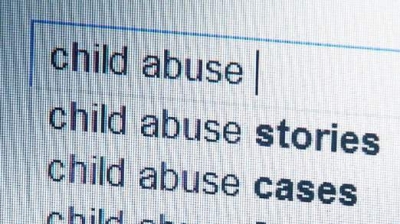Google is back in the news for all the wrong reasons!
According to reports from BBC, a European Court of Justice ruled that an individual can force a search engine for removing “irrelevant and out-dated” search results. After the ruling the multinational US-based search engine Google has received new takedown requests.
This ruling was an outcome of numerous complaints filed against Google by European citizens. This included a former politician pursuing re-election too who had requested to have the links of an article about his past behavior while at office removed.
In another such plea, a person convicted for keeping child abuse images requested that links to news articles that reported about his case be wiped from Google.
Similarly a doctor wanted negative reviews from his patients be removed from search results about him.
Neither Google has officially commented about the alleged Right-To-Be-Forgotten ruling since it thrashed the European Court’s judgement as “disappointing.” Nor did it disclose the number of takedown requests received so far.
The controversy started off when a Spanish citizen accused Google for privacy infringement. He blamed it for showing out-dated results by referring to the links of an auction notice about his now repossessed home.
This judgment has surprised one and all because of its inherent contradiction to European Union’s advocate general advice. EU’s advocate general had last year stated that search engines weren’t liable to respond to or honor such requests.
Viviane Reding, EU Commissioner, labelled the court’s decision as “a clear victory for the protection of personal data of Europeans.” On the other hand, others are worried about the consequences that this decision may have on the right of free speech.
Jimmy Wales, founder of Wikipedia, criticized the ruling by calling it “astonishing” whereas at The Index on Censorship advocates of free speech stated that the ruling will “send chills down the spine of everyone in the European Union who believes in the crucial importance of free expression and freedom of information.” They believe that the court wants an individual’s desires to outweigh “social interest in the complete facts around incidents.”
An attorney from Pinsent Masons Marc Dautlich states that these new regulations will be hard to implement by search engines. He asks,
“If they get an appreciable volume of requests what are they going to do? Set up an entire industry sifting through the paperwork? I can’t say what they will do but if I was them I would say no and tell the individual to contact the Information Commissioner’s Office.”
The point to be noted is that this ruling specifically involves search engines and orders removal of only the links to certain information not the actual information from the Internet. However since the ruling some news enterprises have reported an increasing demand from people for removing the articles from Google’s database too.









